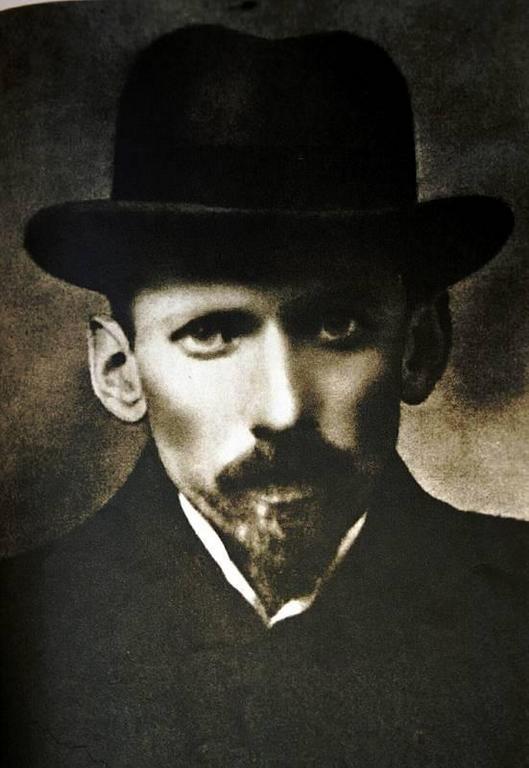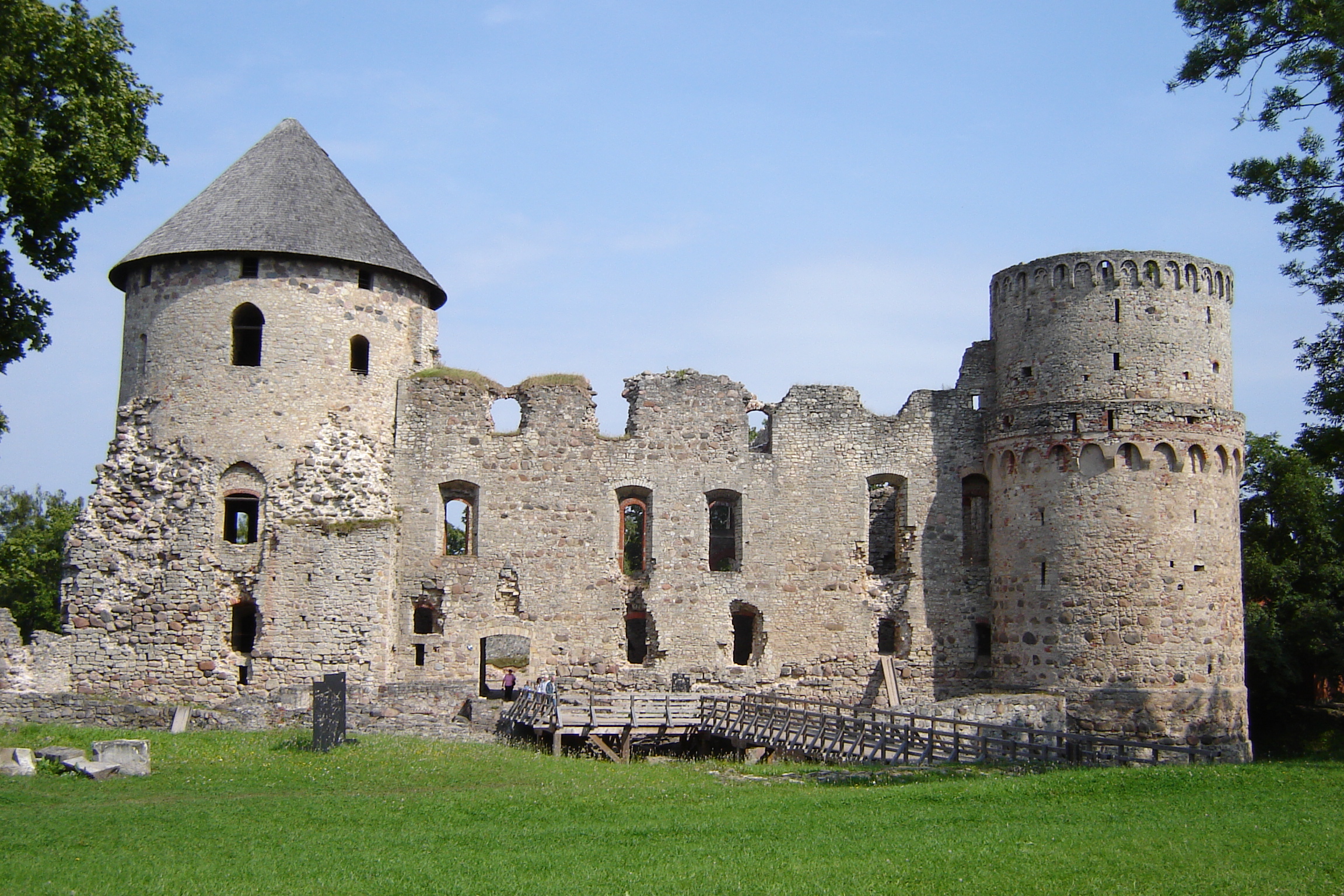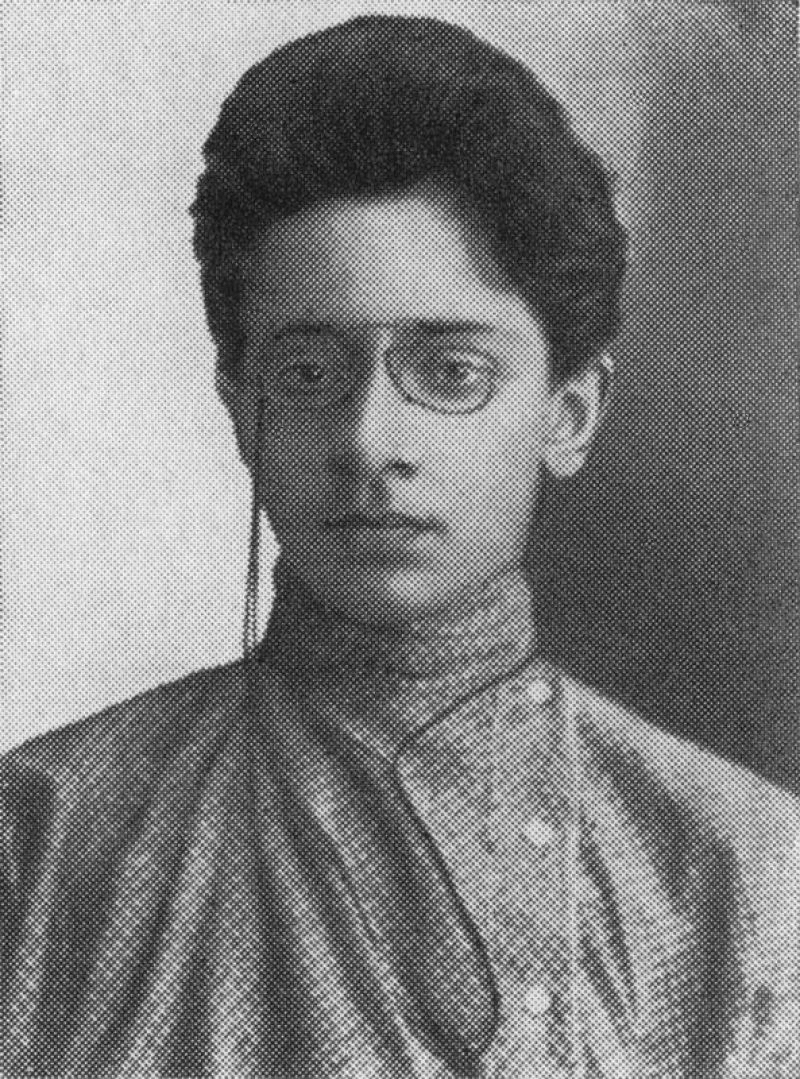|
Military Revolutionary Committee
The Military Revolutionary Committee (Milrevcom; , ) was the name for military organs created by the Bolsheviks under the soviets in preparation for the October Revolution (October 1917 – March 1918).Military Revolutionary Committees . The committees were powerful directing bodies of revolt, installing and securing the Soviet power. They executed a role of provisional extraordinary organs the Bolshevik power. The most notable ones were those of the Petrograd Soviet, the [...More Info...] [...Related Items...] OR: [Wikipedia] [Google] [Baidu] |
All-Russian Congress Of Soviets
The All-Russian Congress of Soviets evolved from 1917 to become the supreme governing body of the Russian Soviet Federative Socialist Republic from 1918 until 1936, effectively. The 1918 Constitution of the Russian SFSR mandated that Congress shall convene at least twice a year, with the duties of defining (and amending) the principles of the Soviet Constitution and ratifying peace treaties. The October Revolution ousted the provisional government of 1917, making the Congress of Soviets the sole, and supreme governing body. This Congress was not the same as the Congress of Soviets of the Soviet Union which governed the whole Soviet Union after its creation in 1922. For the earlier portion of its life, the Congress was a democratic body. Over Russia there were hundreds of soviets, democratic local governing bodies in which the surrounding population could participate. The soviets elected the delegates to the Congress, and then in turn the Congress held the national authority, m ... [...More Info...] [...Related Items...] OR: [Wikipedia] [Google] [Baidu] |
Georgy Oppokov
Georgy Ippolitovich Oppokov (; also known as Afanasi Lomov; 28 January 1888 – 2 September 1937) was a prominent Bolshevik leader, Soviet Union, Soviet politician and the first People's Commissariat for Justice, People's Commissar for Justice of Soviet Russia. Early career Georgi Oppokov was born in Saratov, the son of a bank manager and member of the minor Russian nobility, nobility. He joined the Bolsheviks as a schoolboy, in 1903, and led a combat squad in Saratov during the 1905 revolution. In 1907–08, he was a member of the Moscow committee of the Russian Social Democratic Labour Party. Arrested in July 1910, he was exiled to the Arkhangelsk Oblast, Arkhangelsk region for three years. Released in February 1913, under an amnesty to mark the tricentenary of the House of Romanov, Romanov dynasty, he returned to Moscow, and was one of the founders of the metal workers' union. He was expelled from Moscow in 1914, and returned to Saratov, where he was arrested in April 1916, an ... [...More Info...] [...Related Items...] OR: [Wikipedia] [Google] [Baidu] |
Moscow Military Revolutionary Committee
Moscow Military Revolutionary Committee () was an illegal body of the Moscow Soviet of Workers' and Soldiers' Deputies, controlled by the RSDLP(b), for the leadership of the Moscow Bolshevik Uprising. After the victory of the uprising, it acted for some time as the highest executive body in the Moscow Governorate. It existed from November 7 to 27, 1917. History Initially, the Bolsheviks planned to start the uprising simultaneously in Petrograd and Moscow, and having begun to implement the plan for the uprising in Petrograd, the Central Committee instructed A. Lomov and Viktor Nogin to inform the Moscow regional bureau of the RSDLP(b) about this. However, Nogin was able to send the telegram only at 11:45, when practically all of Petrograd was already under the control of the rebels. As in Petrograd, in Moscow the Bolsheviks intended to carry out the uprising in the name of the Soviet, which ensured the preservation of "legality" and gave their actions the form of self-defense, a ... [...More Info...] [...Related Items...] OR: [Wikipedia] [Google] [Baidu] |
Viktor Kingissepp
Viktor Eduard Kingissepp (; – 4 May 1922) was an Estonian communist politician, the leader of the Estonian Communist Party. The son of a factory worker, he joined a Marxist circle as a schoolboy in Arensburg (now ) (which was renamed Kingissepp in 1952, but was restored to its original Estonian name in 1988), and organised the Estonian section of the Russian Social Democratic Labour Party, in St Petersburg. During the war with Germany, he was put in charge of a medical train on the Western Front. After the February revolution, he returned to Petrograd (as St Petersburg was now named), and joined the Bolsheviks and the Red Guards. After the Bolshevik Revolution, he was deputy chairman of the Estonian Revolutionary Soviet in Reval (now ), but fled back to Petrograd after Estonia was occupied by the German army. He joined the Cheka, and in August 1918 carried out the arrest of Fanny Kaplan, who had shot and attempted to kill Lenin. He returned to Estonia in November 1918 to ... [...More Info...] [...Related Items...] OR: [Wikipedia] [Google] [Baidu] |
Jaan Anvelt
Jaan Anvelt (also known by the pseudonyms Eessaare Aadu, Jaan Holm, Jaan Hulmu, Kaarel Maatamees, Onkel Kaak; in Russian or ; 18 April 1884 – 11 December 1937), was an Estonian Bolshevik revolutionary and writer. He served the Russian SFSR, was a leader of the Communist Party of Estonia, the first premier of the Soviet Executive Committee of Estonia, and the chairman of the Council of the Commune of the Working People of Estonia (Estonian: ''Eesti Töörahva Kommuun''). Imprisoned during Joseph Stalin's Great Purge in 1937, he died from the injuries sustained during a beating by Aleksandr Langfang while in NKVD custody. Early life Anvelt was born to a peasant family in Oorgu, Võisiku Parish (now Viljandi Parish), Kreis Fellin, Governorate of Livonia. He studied to become a schoolteacher, beginning in Dorpat (now Tartu), and then in St. Petersburg, where he joined the Russian Social Democratic Labour Party's Bolshevik faction. He was employed as a schoolteacher from 1905 ... [...More Info...] [...Related Items...] OR: [Wikipedia] [Google] [Baidu] |
Cēsis
Cēsis (; (, , , ) is a town in Latvia located in the northern part of the Central Vidzeme Upland. Cēsis is on the Gauja River valley, and is built on a series of ridges above the river, overlooking the woods below. Cēsis was selected to be one of the candidate cities for the title of the European Capital of Culture 2014 (Riga was the Latvian city that won the title), as well as for the European Capital of Culture 2027 (Liepāja took the title). Castle The oldest settlement in Cēsis is the hillfort on Riekstu Hill, a fortified wooden castle built by a tribe known as the Vends. The mound with its partly preserved fortification system can still be seen in the Castle park. This settlement was located near major trade routes from west to east and dominated the regional countryside. German crusaders known as the Livonian Brothers of the Sword began construction of Wenden Castle near the hill fort in 1209. When the castle was enlarged and fortified, it served as the resi ... [...More Info...] [...Related Items...] OR: [Wikipedia] [Google] [Baidu] |
Jānis Čarin
Jānis is a Latvian masculine given name, the equivalent of the English John. The first written use of the name Jānis dates back to 1290. It may refer to: * Jānis Ādamsons (born 1956), Latvian politician *Jānis Akuraters (1876–1937), Latvian poet, writer, playwright and politician * Jānis Andersons (born 1986), Latvian ice hockey defenceman *Jānis Balodis (1881–1965), Latvian army general and politician *Jānis Frīdrihs Baumanis (1834–1891), Latvian architect *Jānis Bebris (1917–1969), Latvian footballer *Jānis Beinarovičs (1907–1967), Latvian wrestler * Jānis Bērziņš (1889–1938), Latvian and Soviet communist military official and politician * Jānis Bērziņš (born 1993), Latvian basketball player *Jānis Birks (born 1956), Latvian politician *Jānis Blūms (born 1982), Latvian professional basketball player *Jānis Bojārs (1956–2018), Latvian shot putter *Jānis Brikmanis (1940–2019), Latvian zoologist, environmental conservationist, radio and te ... [...More Info...] [...Related Items...] OR: [Wikipedia] [Google] [Baidu] |
Joseph Stalin
Joseph Vissarionovich Stalin (born Dzhugashvili; 5 March 1953) was a Soviet politician and revolutionary who led the Soviet Union from 1924 until Death and state funeral of Joseph Stalin, his death in 1953. He held power as General Secretary of the Communist Party of the Soviet Union, General Secretary of the Communist Party from 1922 to 1952 and as the fourth Premier of the Soviet Union, premier from 1941 until his death. He initially governed as part of a Collective leadership in the Soviet Union, collective leadership, but Joseph Stalin's rise to power, consolidated power to become an absolute dictator by the 1930s. Stalin codified the party's official interpretation of Marxism as Marxism–Leninism, while the totalitarian political system he created is known as Stalinism. Born into a poor Georgian family in Gori, Georgia, Gori, Russian Empire, Stalin attended the Tiflis Theological Seminary before joining the Marxist Russian Social Democratic Labour Party. He raised f ... [...More Info...] [...Related Items...] OR: [Wikipedia] [Google] [Baidu] |
Felix Dzerzhinsky
Felix Edmundovich Dzerzhinsky (; ; – 20 July 1926), nicknamed Iron Felix (), was a Soviet revolutionary and politician of Polish origin. From 1917 until his death in 1926, he led the first two Soviet secret police organizations, the Cheka and the OGPU, establishing state security organs for the Bolshevik government. He was a key architect of the Red Terror * * and de-Cossackization. Born to a Polish family of noble descent in their Ozhyemblovo Estate (in 1881 named Dzerzhinovo), in Russian Poland, Dzerzhinsky embraced revolutionary politics from a young age, and was active in the Social Democracy of the Kingdom of Poland and Lithuania party. Active in Kaunas and Warsaw, he was frequently arrested and underwent several exiles to Siberia, from which he escaped every time. He evaded the tsarist secret police, the Okhrana, whose work he took interest in. Dzerzhinsky participated in the failed 1905 Revolution, and after a final arrest in 1912, was imprisoned until the Febru ... [...More Info...] [...Related Items...] OR: [Wikipedia] [Google] [Baidu] |
Yakov Sverdlov
Yakov Mikhailovich Sverdlov ( – 16 March 1919) was a Russian revolutionary and Soviet politician. A key Bolshevik organizer of the October Revolution of 1917, Sverdlov served as chairman of the Secretariat of the Russian Communist Party from 1918 until his death in 1919, and as chairman of the All-Russian Central Executive Committee (head of state) from 1917 until his death in 1919. Born in Nizhny Novgorod to a Jewish family active in revolutionary politics, Sverdlov joined the Russian Social Democratic Labour Party in 1902 and supported Vladimir Lenin's Bolshevik faction from 1903. He was active in the Urals during the failed Revolution of 1905, and over the next decade was subjected to constant imprisonment and exile. After the 1917 February Revolution overthrew the monarchy, Sverdlov returned to Petrograd and was appointed a secretary of the party's central committee. In this capacity, he played a key role in planning the October Revolution, in which the Bolsheviks came ... [...More Info...] [...Related Items...] OR: [Wikipedia] [Google] [Baidu] |
Moisei Uritsky
Moisei Solomonovich Uritsky (; ; – 30 August 1918), also known by his pen-name Boretsky () was a Bolshevik revolutionary leader in Russia. After the October Revolution, he was the chief of the Cheka secret police of the Petrograd Soviet. Uritsky was assassinated by Leonid Kannegisser, a military cadet, who was executed shortly afterwards. Family Uritsky was born in the city of Cherkasy, then part of the Kiev Governorate, to a Jewish Litvak family. His father, a merchant, died when Moisei was little and his mother raised her son by herself. He attended the Bila Tserkva Gymnasium, supporting himself through teaching and became an active social democrat. Early political career Moisei Uritsky studied law at the St. Vladimir Imperial University of Kiev. During his studies he joined the Russian Social Democratic Labour Party and organized an underground network for importing and distributing political literature. In 1897, he was arrested and exiled for running an illegal m ... [...More Info...] [...Related Items...] OR: [Wikipedia] [Google] [Baidu] |





